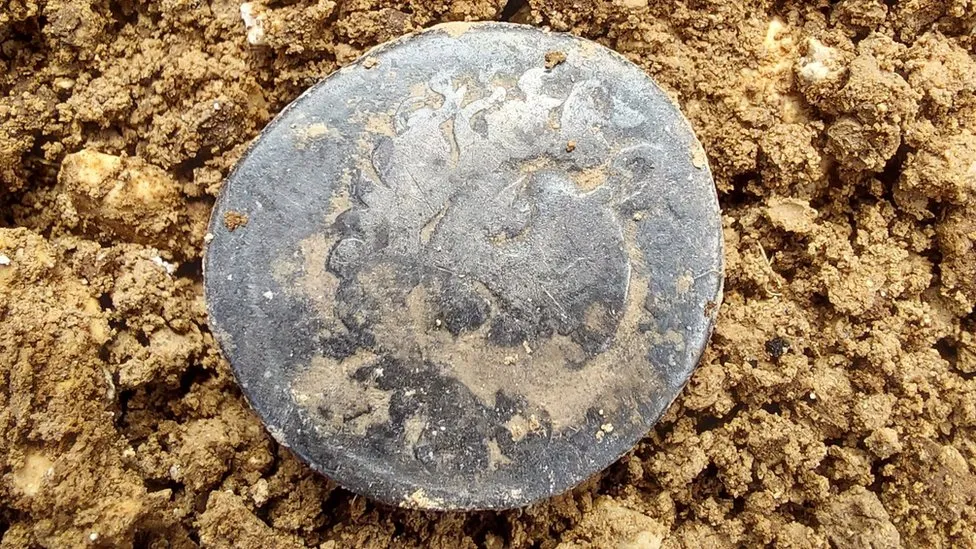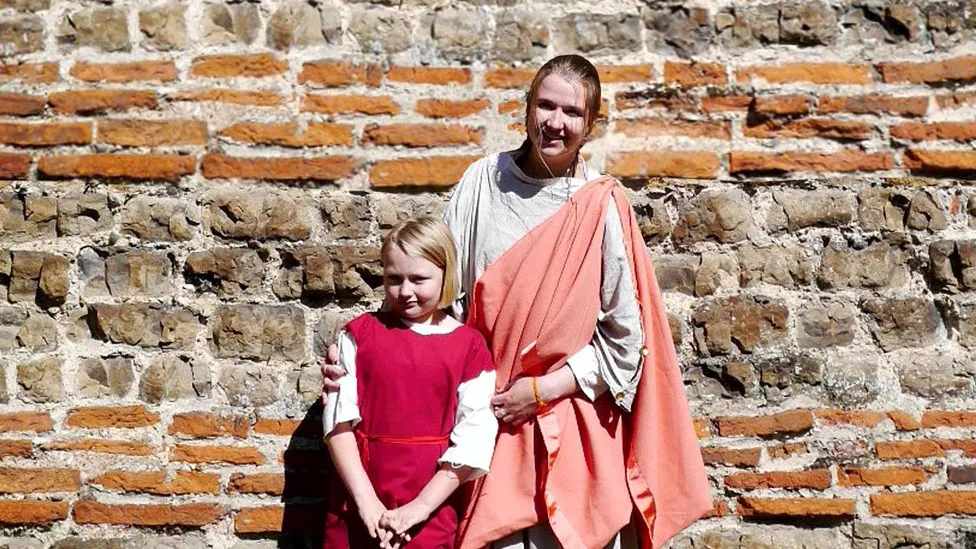
A 2,000-year-old coin was found during excavations
Archaeologists have unearthed a Roman grave and a 2,000-year-old coin on the route of a planned water pipeline.
The discoveries were made at the proposed Southern Water site in Hampshire.
Members of Wessex Archaeology have been carrying out the excavations before pipelines are installed between Andover, Otterbourne and Portsmouth.
The scheme is linked to plans for a new reservoir at Havant Thicket, the first to be built in England for 25 years.
Dr Nicola Meakins of Southern Water said: "Roman graves are not uncommon - when the Romans built roads, legionnaires who died were simply buried by the side of the road.
Read the rest of this article...

